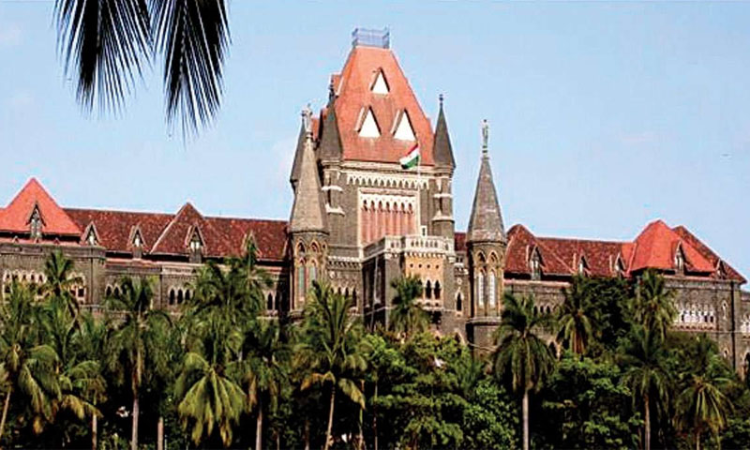The Epidemic Diseases Act 1897(ED Act) cannot be used to transfer a government employee in violation of the laws that would govern his transfer, the Bombay High Court observed while denying relief to the Director of Medical Education and Research, TP Lahane. A division bench of Chief Justice Dipankar Dutta and Justice GS Kulkarni held that allowing the Director, a competent officer...

